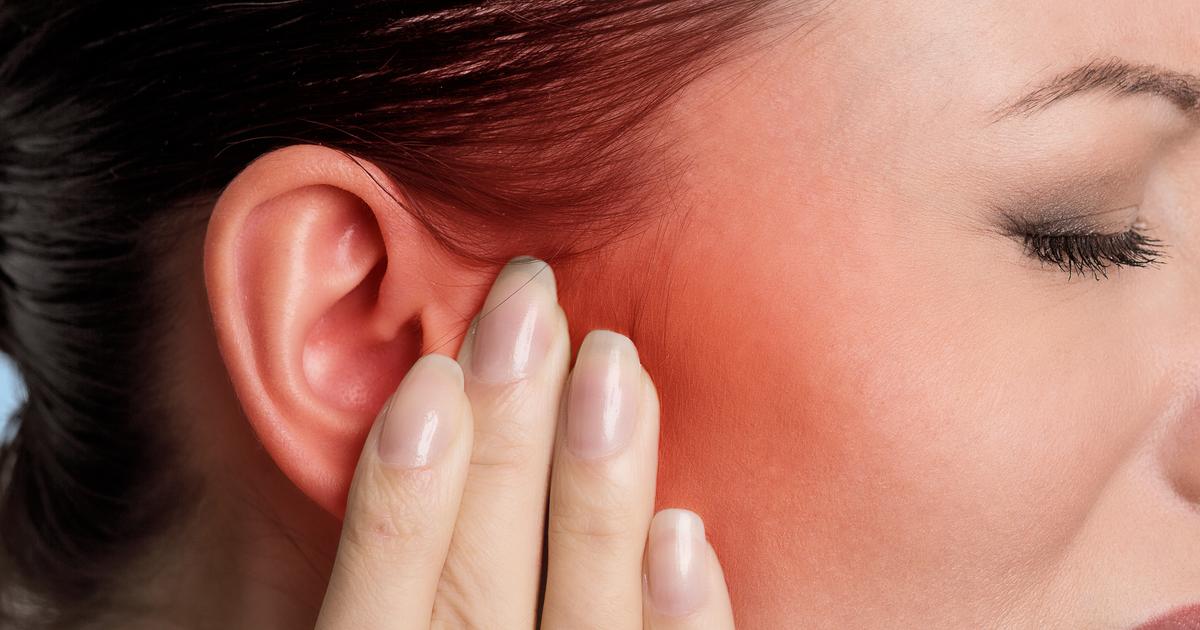Key Indications of Mouth Cancer
Ear Pain

A mouth cancer patient may experience ear pain as a manifestation of their progressing disease. This symptom is the result of a mechanism involving the glossopharyngeal nerve or the ninth cranial nerve. The glossopharyngeal nerve runs from the brain stem inside of an individual's skull to the back of the throat, portions of the ear, and to the tongue. This nerve is responsible for giving an individual sensation in these regions. However, cancer that develops in the mouth can cause parts of this nerve to become compressed or even cause damage. The result of this malfunction is a misfiring of pain signals to the different branches of the nerve, including the one that runs to the ear. This symptom is most common in individuals who have cancer at the base of their tongue. The nerve compression often results in a sensation of ear pain that can radiate from the ear to the cheeks and around the jaw. Some patients describe this sensation as a painful feeling of fullness in their ear. This symptom of mouth cancer only usually occurs in one ear, is persistent, and does not typically produce any hearing loss. The ear pain may become worse when the individual chews, coughs, laughs, swallows, talks, or yawns.
Keep reading for more key indications of mouth cancer now.